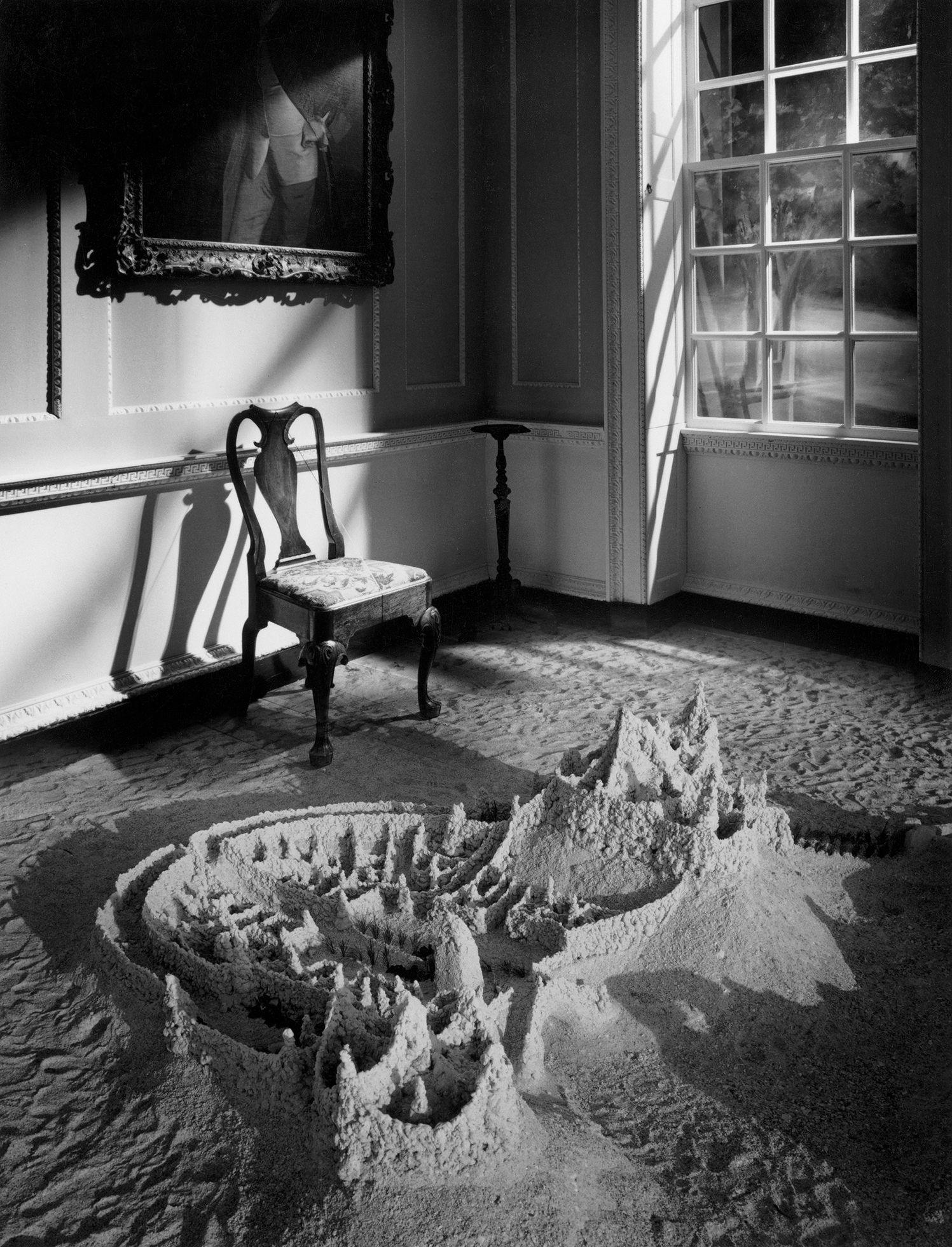Jeremy Taylor was in his seventh year studying culture and myth at the State University of New York at Buffalo when he got his draft notice. It was 1969, and U.S. troop levels in Vietnam were at their peak. An active opponent of the war, Taylor obtained conscientious-objector status and was allowed to perform community service in place of military duty. He went to work with the Unitarian Universalist Service Committee, and was given the job of retraining white volunteers who had encountered problems serving in a black neighborhood: well-meaning volunteers who had offended African Americans, Taylor says, with their “extra-nice, deferential, and unconsciously condescending attitudes and behaviors.” To unearth their subconscious racism, Taylor tried an unorthodox method: bringing volunteers together to discuss their dreams. Though the participants were initially skeptical, the idea proved highly effective, and Taylor realized that he had stumbled upon his life’s work.

Last Night I Had The Strangest Dream
Jeremy Taylor On Dreams As A Tool For Social Change
Correspondence
Jeremy Taylor, in Karen Karvonen’s interview with him [“Last Night I Had the Strangest Dream,” March 2006], says, “Virtually all other strategies for exploring dreams in groups [besides mine] have a leader, so the structure is authoritarian and top down.”
I know of at least one other leaderless approach. Montague Ullman has a group process for exploring dreams in which there is continuing interaction between the dreamer and the group, and the dreamer is in charge at all times. In Appreciating Dreams: A Group Approach Ullman writes, “Group dreamwork can and does create the conditions for a kind of natural healing process to take place. It is as if the impulse to self-healing is always alive in us, awaiting only a favorable social climate to become manifest.”




